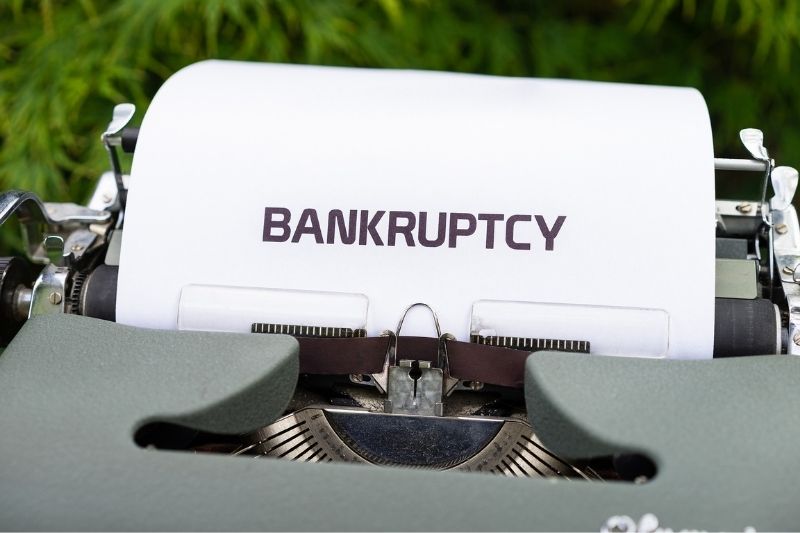A Simple Guide On How To File A Chapter 7 Bankruptcy

A chapter 7 bankruptcy is a type of personal bankruptcy that has to do with liquidating the debtor’s non-exempt property and distributing funds in accordance with the priority of claims. This could be done through a court-supervised proceeding, or it can be arranged by the parties themselves. If you want to know how to file a chapter 7 bankruptcy, read on, because this article will provide you with all the information you need on this subject.
What Is Chapter 7 Bankruptcy?
Chapter 7 bankruptcy is one of two types of consumer bankruptcy filings, the other being Chapter 13. If you are considering filing for personal bankruptcy protection under either chapter, it would be wise to consult an experienced attorney who specializes in these matters first. If you live in Ohio, you can find a chapter 7 bankruptcy lawyer in Akron that will help you in filing for this type of bankruptcy. Without a lawyer, you might not have a complete understanding of what it entails
What Are The Requirements to File A Chapter 7 Bankruptcy?
There are certain requirements that must be fulfilled before you can arrange your own chapter 7 bankruptcy. To start with, you have to prove that your monthly income is not more than the median monthly income in your state. You can do that by using the income standards chart provided by the U.S. Trustee Program which is an agency of the Department of Justice.
Also, you have to be able to show that your debts are primarily consumer debts and not business-related. This means if you own a store, your bankruptcy would be for business debt, not consumer debt. The only exception to this rule is if you reside in a community property state where your spouse owns the business and does not file for bankruptcy with it. Also, be aware that you can’t have filed a previous bankruptcy case within the last six years before filing for another one
What Will Happen to My Personal Property?
If you file for chapter 7 bankruptcy, some of your personal property will be liquidated. This is done in order to pay back the debts that are owed to creditors. However, there are certain types of property that won’t be affected by this process. These include household items like furniture, clothing, appliances, and personal items like jewelry.
If you have a car with a smaller equity value, the trustee won’t liquidate it. However, there are exceptions to this rule. If your vehicle is highly valuable because it’s rare or antique, then the court will require that it be sold through an auction. Very often, the trustee will require that this vehicle be paid off within a few months after your bankruptcy is over.
How Will My Chapter 7 Bankruptcy Affect Me?
Once you have successfully filed for chapter 7 bankruptcy, all collection actions against you are stopped. The only exception to this rule is if you miss your payment on some of your bills or accumulate more debt. Also, you will not be able to file for chapter 7 bankruptcy again in the future.
Once your bankruptcy has been completed, you’ll be given a letter stating that it’s over. Be sure to keep this in a safe place so that you can show it when applying for credit cards or loans in the future. Because creditors are much less likely to give you credit after you’ve declared bankruptcy, this letter will be an important part of your rebuilding efforts.
How Can I Best Prepare For Chapter 7 Bankruptcy?
In order to be ready, you should begin by getting rid of as much debt as possible. This means you need to talk with your creditors and try to make a deal where you can repay a portion of your debt. The more debt that’s been paid off before the filing date, the better off you’ll be. In addition, you need to have some cash on hand so that you can move forward with your bankruptcy proceedings without having the threat of being evicted from your home or having your electricity turned off.
It’s a good idea to get rid of any credit cards and loans if at all possible. This will help build a better financial foundation, which is something that you’ll need to do before filing for bankruptcy.
Once your preparations are complete, then the only thing remaining is to file your chapter 7 bankruptcy petition. If you’re feeling overwhelmed by this task, there’s a good chance you’ll benefit from hiring an experienced attorney who can help make sure everything goes smoothly.











Leave a Reply